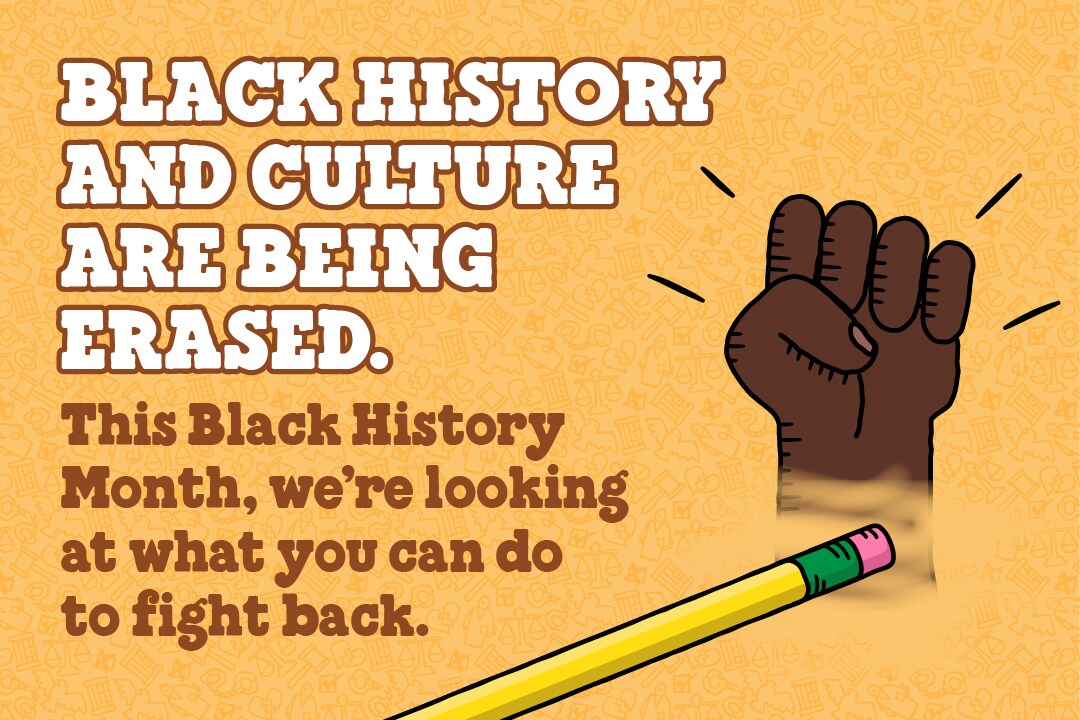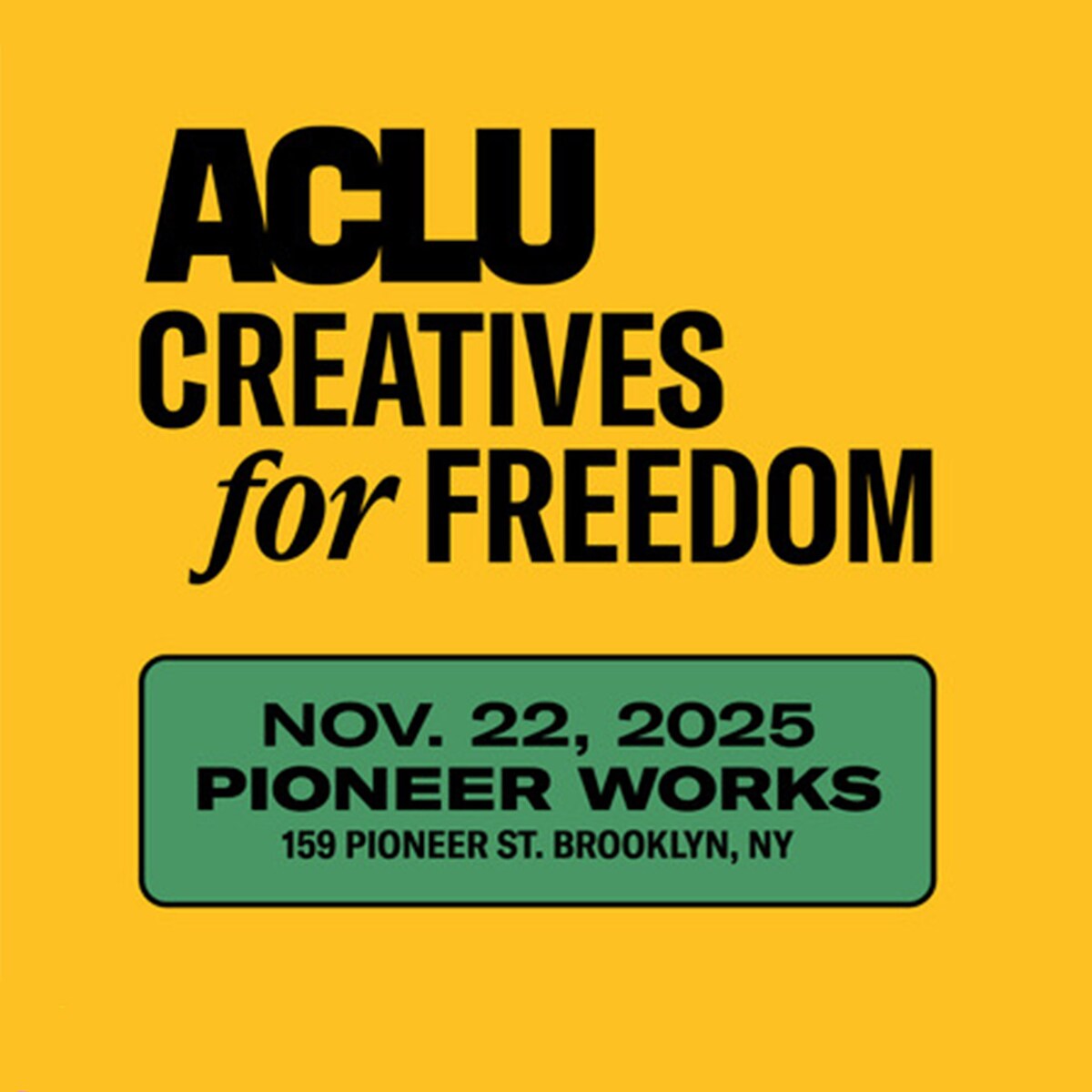Banning books by and about Black people
Between 2021 and 2022, more than 1600 books about race or gender were banned in more than 130 school districts, impacting about 4 million students at 5,000 schools nationwide. One district in Pennsylvania even banned two children’s books about Rosa Parks and Martin Luther King, Jr.!
The American Library Association is reporting that book bans again hit record highs in 2023, affecting 1,915 unique titles. Indeed, studies have shown for years that book banning is on the rise—and books by and about Black people have been increasingly targeted. More than 300 books written by predominantly Black authors about Black history, culture, or their experiences were banned in 2021 alone.
Wondering how to help? Organize, petition local school boards and, of course, start buying, reading, and sharing those banned books today!



